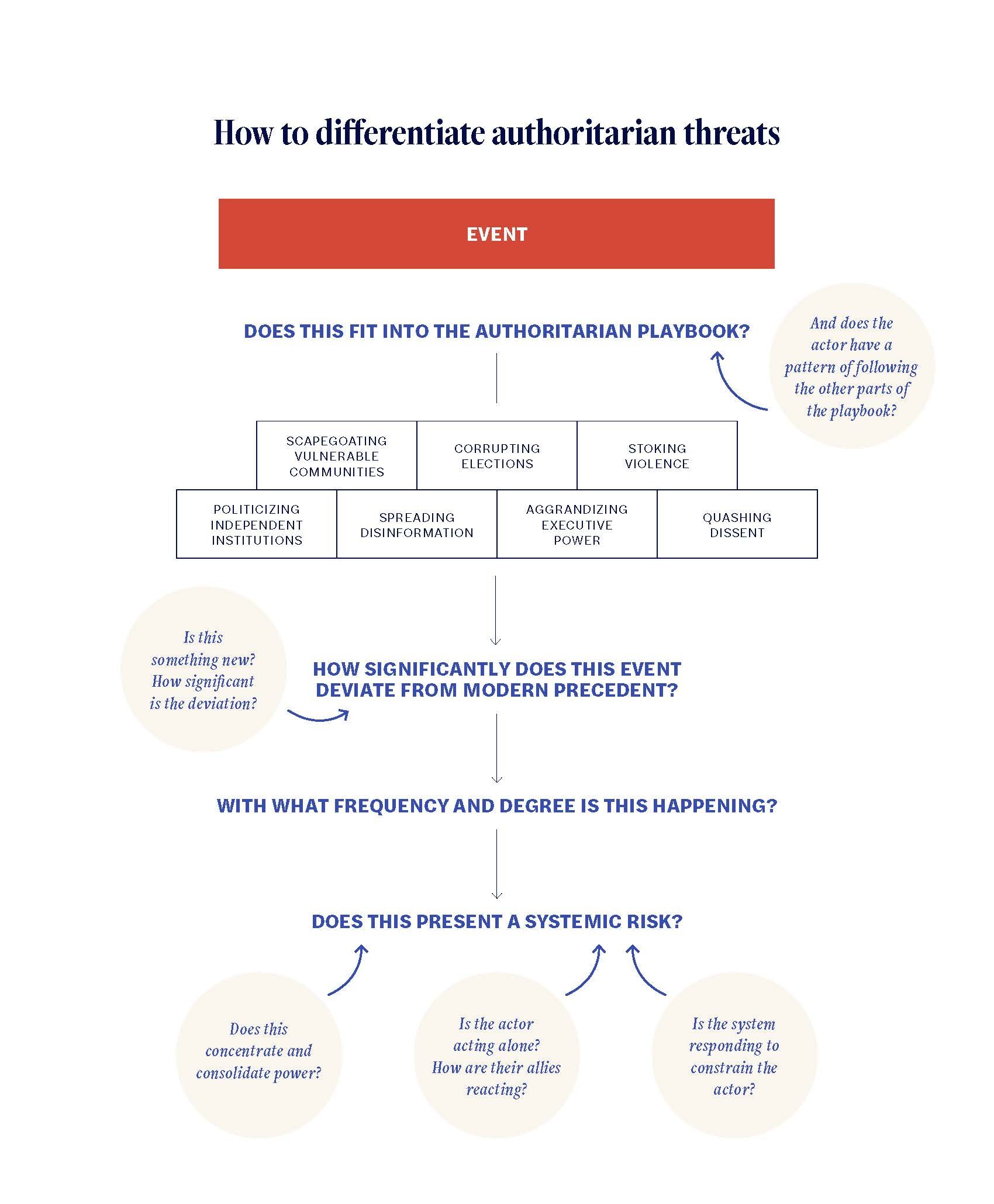I participated in a panel in my department today on Foreign Policy and the 2024 election. I talked about NATO and climate change -- with these questions in mind: Will these policy issues influence the outcome of the election (maybe climate change); and how will the election results influence policy going forward?
Colleagues talked about Russia/Ukraine, Gaza/Lebanon, China, and immigration.
The last issue was the most controversial as the panelists (and student audience members) had the deepest disagreement on this issue during the Q&A.
I feel compelled to fact-check some of the statements that were flying around the room.
But police data indicate that there has been no surge in crime since April 2022, when Gov. Greg Abbott of Texas started sending buses of migrants to New York to protest the federal government’s border policy.
More than 170,000 migrants have arrived in the city since then, and it is difficult to know what crime statistics would show had they not come. But as the migrant numbers have increased, the overall crime rate has stayed flat. And, in fact, many major categories of crime — including rape, murder and shootings — have decreased, according to an analysis of the New York Police Department’s month-by-month statistics since April 2022.
The story also quotes (by name) experts: "Jeffrey Butts, director of the Research and Evaluation Center at the John Jay College of Criminal Justice, said that there was no discernible migrant crime wave."
Beyond NYC, the paper also referenced academic studies:
"In 2023, researchers at Stanford University found that immigrants were imprisoned at lower rates than people born in the United States. In 2020, a University of Wisconsin-Madison study noted that undocumented immigrants in Texas tended to have fewer felony arrests than legal residents."
The Department of Justice's National Institute of Justice recently discussed a study it funded conducted using Texas data, which is perhaps the one referenced by the TImes (or a follow-up):
An NIJ-funded study examining data from the Texas Department of Public Safety estimated the rate at which undocumented immigrants are arrested for committing crimes. The study found that undocumented immigrants are arrested at less than half the rate of native-born U.S. citizens for violent and drug crimes and a quarter the rate of native-born citizens for property crimes.
Reuters collected an array of academic studies in mid-summer debunking the myth of out-of-control immigrant crime. "A meta-analysis of more than fifty studies on the link between immigration and crime between 1994 and 2014 found there was no significant relationship between the two." .
Using Uniform Crime Reporting data from the Federal Bureau of Investigation (FBI) and population data from the U. S. Census Bureau, the Council also explored the relationship between total crime rates and immigrant shares of the population between 2017 and 2022 at the state level. Using beta regression analyses and data from all 50 states, the result shows no statistically significant correlation between the immigrant share of the population and the total crime rate in any state. This means higher immigrant population shares are not associated with higher crime rates, which aligns with a wealth of prior research on this topic.
Personally, I've referenced stats in my classes from the Anti-Defamation League that reveal much the same information -- immigrants commit fewer crimes than citizens. By the way, links in this quote are in the original and not all of them currently work. The bolded parts are also in the original.
According to the U.S. Chamber of Commerce, while the overall percentage of immigrants and the number of undocumented immigrants in the U.S. both increased between 1990 and 2016, the violent crime rate in the U.S. during that time plummeted 48 percent and the property crime rate dropped by 41 percent. More recent population and crime data from the Pew Research Center reveals the continuation of this trend. Studies have consistently found that immigrants are less likely to be incarcerated than native-born Americans and that there is a negative correlation between levels of immigration and crime rates.
Other studies have found that crime rates are lowest in states with the highest immigration growth rates, and that states with larger shares of undocumented immigrants tend to have lower crime rates than states with smaller shares.
The ADL also debunks myths about terrorism, non-citizen voting, public health, etc. Customs and Border Protection also post annual stats. While those numbers undoubtedly reflect growing border encounters, they do not show a great number of criminals coming across the border as a percentage of the total. This is a link to the obviously non-alarming crime numbers from CBP.
When pressed for numbers, the Trump campaign responds with anecdotes about specific crimes. In a nation of 330 million people, this is a terrible and misleading way to document anything. Spend a few minutes on the internet and one can find misleading instances of all sorts of horrible crimes committed by all sorts of trusted people -- mothers, coaches, teachers, priests, etc. Those specific cases would not necessarily make any generalizable point.
Michael Light, the University of Wisconsin-Madison professor, said U.S. research overall does not indicate immigrants are more likely to commit crime.
"Of course, foreign-born individuals have committed crimes," Light said in an interview. "But do foreign-born individuals commit crime at a disproportionately higher rate than native-born individuals? The answer is pretty conclusively no."


